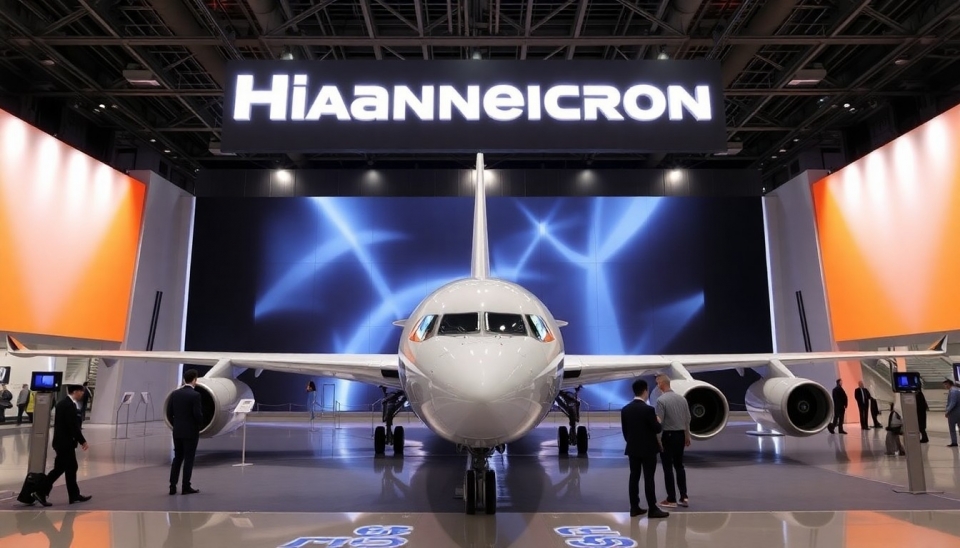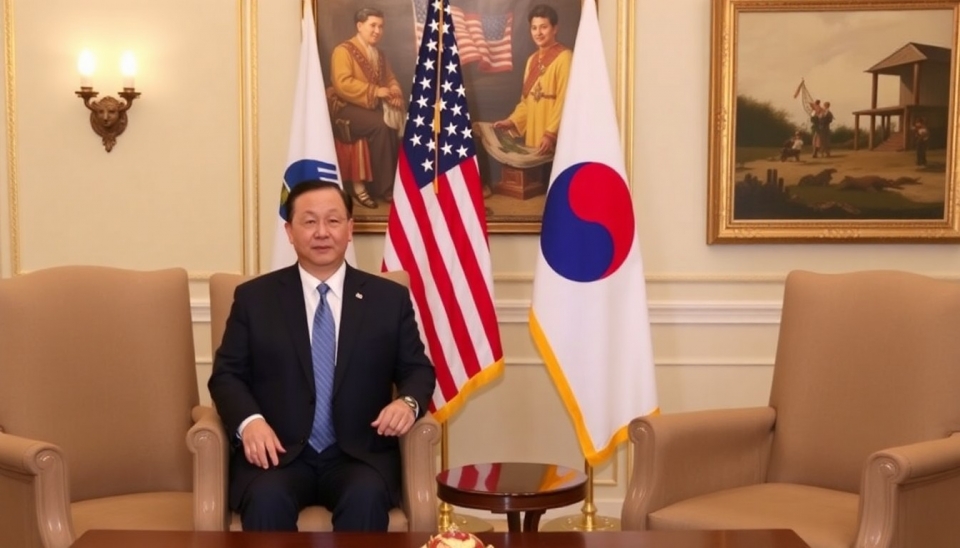
As the 2024 presidential election approaches, South Korea is reportedly contemplating plans to increase its energy imports from the United States should Donald Trump emerge victorious. This potential strategy reflects growing concerns within South Korea about securing stable energy supplies against a backdrop of shifting geopolitical tensions and energy market fluctuations.
Officials from South Korea have been actively discussing the implications of a Trump win, particularly in light of the former president's previous administration's energy policies. During his term, Trump championed American energy independence and sought to expand fossil fuel production, which resulted in lower prices and increased exports. South Korea, heavily reliant on energy imports, recognized the benefits of accessing affordable US energy sources.
The discussions come in the wake of global energy supply challenges exacerbated by ongoing conflicts, such as the war in Ukraine, and shifting partnerships stemming from geopolitical instability. South Korea's reliance on imports means that securing long-term energy contracts is crucial for its national energy security. If Trump wins, it is believed that US energy supplies could become more reliable and competitively priced in the international market.
Analysts have noted that while the current Biden administration has promoted a green energy transition, a return to Trump’s policies could reopen opportunities for South Korea to purchase oil, gas, and coal from the US at potentially favorable terms. South Korean officials are closely monitoring the political landscape as they prepare for various scenarios that could shape their energy strategy.
This shift also reflects South Korea's broader aims of diversifying its energy sources. In recent years, the nation has been making efforts to reduce its dependence on traditional energy suppliers, particularly those in the Middle East, while simultaneously aiming to boost its domestic renewable energy production. However, immediate energy needs could still drive the country toward more traditional sources if they present a better deal.
Furthermore, the South Korean government has indicated that it would pursue agreements not only for crude oil and natural gas but also liquefied natural gas (LNG), a key component in the global energy market. The potential increase in US energy procurement could provide South Korea with enhanced leverage in negotiations on prices and supply stability.
In summary, South Korea's contemplation of increased energy imports from the United States in anticipation of a potential Trump presidency illustrates the complex interplay between energy security and political outcomes. As the election draws closer, South Korea's energy strategy may continue to evolve, reacting to the changing tides in both domestic politics and international energy markets.
Through these discussions, South Korea aims to secure its position in an increasingly competitive environment for energy resources while maintaining adaptability in the face of shifting geopolitical dynamics.
#SouthKorea #USEnergy #Trump2024 #EnergyImports #Geopolitics #EnergySecurity #LNG #FossilFuels #MarketTrends
Author: John Miller




